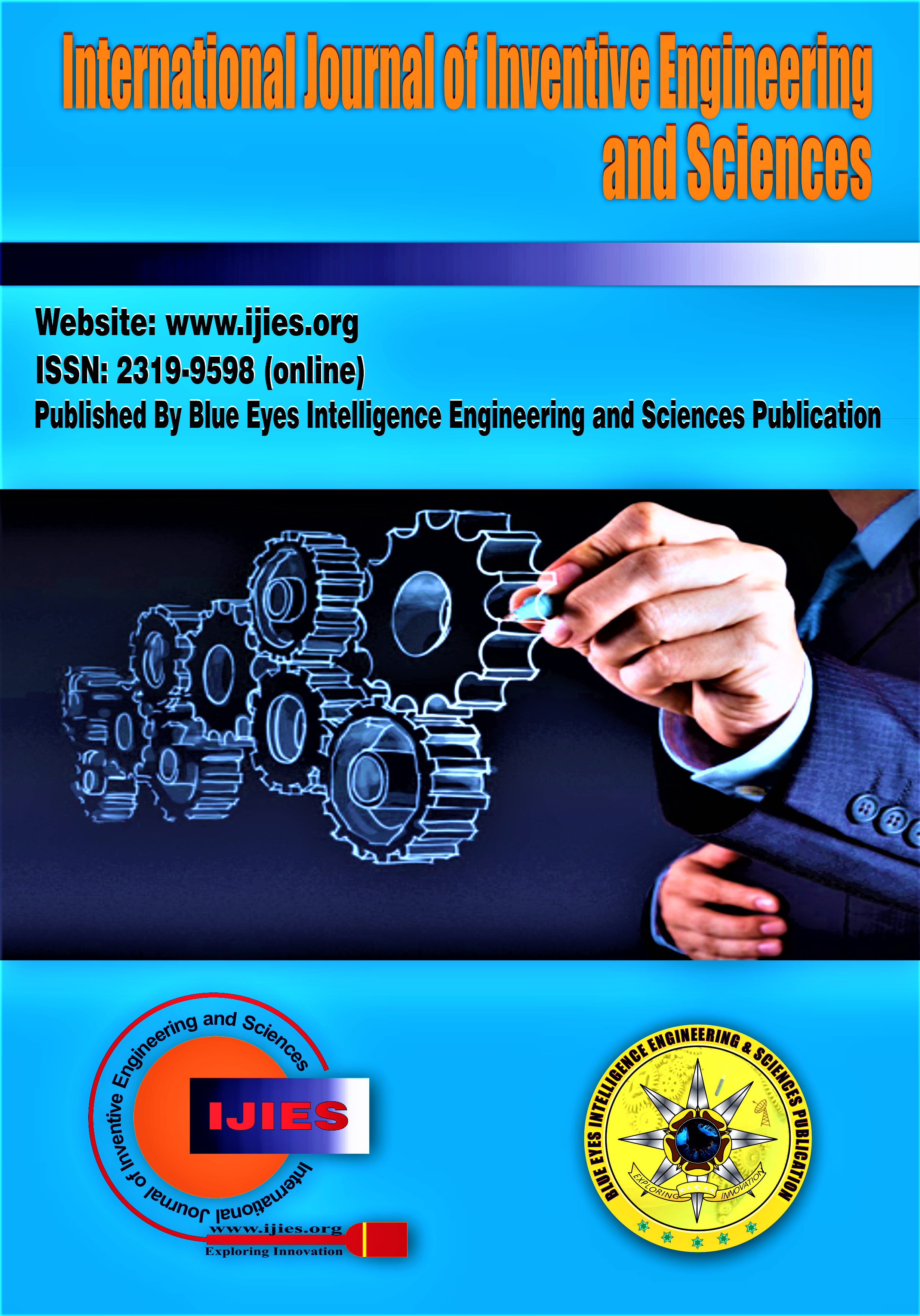The Use of Artificial Intelligence by Students in the Learning Process in the Context of Uzbekistan: Opportunity or Risk?
Main Article Content
Abstract
University students in Uzbekistan have begun to frequently utilise artificial intelligence (AI) tools for their academic assignments as these technologies become more prevalent and user-friendly. This study examines the integration of these technologies into students' learning practices, their primary objectives, and the potential benefits and drawbacks associated with their use. The research aims to understand whether AI tools are helping students develop academically or leading to new challenges, such as overreliance and a decline in critical thinking. To examine this, a survey was conducted involving 200 undergraduate students from three universities in Uzbekistan. The survey focused on how often students use AI tools, such as ChatGPT, Grammarly, and AI-based search engines, and for which academic tasks they are used. The results showed that over 60% of students use these tools frequently, mainly for checking grammar, summarizing information, and generating ideas. Many students believe that AI helps them save time and increase productivity. However, the study also highlighted some concerning trends. A large number of students admitted to using AI outputs without verifying their accuracy or considering ethical issues, such as originality and academic honesty. These findings suggest that while AI can support learning, it may also weaken essential academic skills if used passively or without reflection. Therefore, the study recommends that AI literacy be incorporated into university education, focusing not only on how to use the tools effectively but also on the ethical and critical aspects of their use. These insights provide a clearer understanding of how students interact with AI and what support they may need.
Downloads
Article Details
Section

This work is licensed under a Creative Commons Attribution-NonCommercial-NoDerivatives 4.0 International License.
How to Cite
References
Statista. (2024). Share of higher education students using artificial intelligence (AI) tools for schoolwork worldwide as of July 2024 https://www.statista.com/statistics/1498309/usage-of-ai-by-students-worldwide/
Russell, S. J., & Norvig, P. (2020). Artificial Intelligence: A modern approach (4th ed.). Pearson. https://www.pearson.com/en-us/subject-catalog/p/artificial-intelligence-a-modern-approach/P200000003500/9780137505135
Holmes, W., Bialik, M., & Fadel, C. (2019). Artificial intelligence in education: Promises and implications for teaching and learning. Centre for Curriculum Redesign. https://curriculumredesign.org/our-work/artificial-intelligence-in-education/
Zawacki-Richter, O., Marín, V. I., Bond, M., & Gouverneur, F. (2019). Systematic review of research on artificial intelligence applications in higher education – where are the educators? International Journal of Educational Technology in Higher Education, 16(1), 1–27. https://doi.org/10.1186/s41239-019-0171-0
UNESCO. (2021). AI and Education: Guidance for policymakers. https://unesdoc.unesco.org/ark:/48223/pf0000376709
PQ–4996. (2021). On Measures to Create the Necessary Conditions for the Accelerated Implementation of Artificial Intelligence Technologies. The Presidential Decree of the Republic of Uzbekistan. https://lex.uz/docs/-5297046
Creswell, J. W., & Creswell, J. D. (2020). Research design: Qualitative, quantitative, and mixed methods approaches (6th ed.). SAGE Publications. https://uk.sagepub.com/en-gb/asi/research-design/book270550
Shikina, A. (2025). Artificial intelligence tools are effectively developing self-directed learning, increasing students’ autonomy and motivation in Uzbekistan. UC Journal: ELT, Linguistics and Literature, 6(1), 1–21. Retrieved from https://www.researchgate.net/publication/392341523
Nouri, J., Zhang, L., Mannila, L., & Norén, E. (2020). Development of computational thinking, digital competence, and 21st-century skills when learning programming in K-9. Education Inquiry, 11(1), 1–17. https://doi.org/10.1080/20004508.2019.1627844
Huang, J. (2023). NVIDIA CEO keynote speech at Computex. Retrieved from https://www.nvidia.com
Luckin, R. (2018). Machine learning and human intelligence: The future of education for the 21st century. UCL Institute of Education Press. https://discovery.ucl.ac.uk/id/eprint/10178695/1/Machine%20Learning%20and%20Human%20Intelligence.pdf
Brookings. (2023). Why Gen AI can’t fully replace us—for now. Brookings. https://www.brookings.edu/articles/why-gen-ai-cant-fully-replace-us-for-now/





